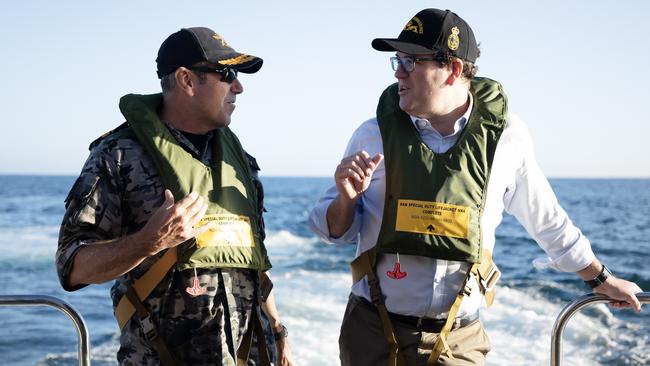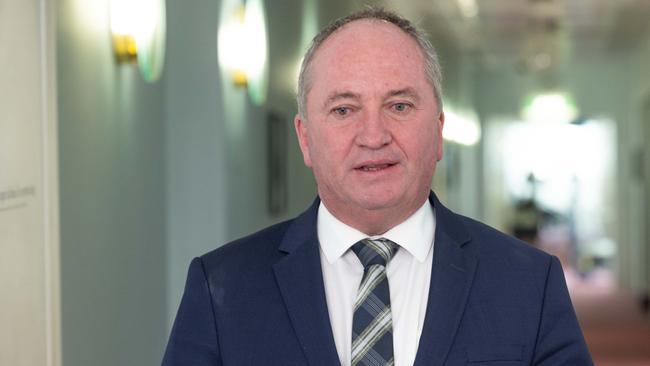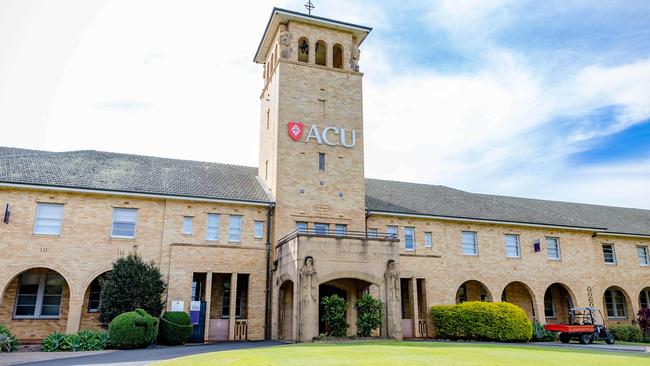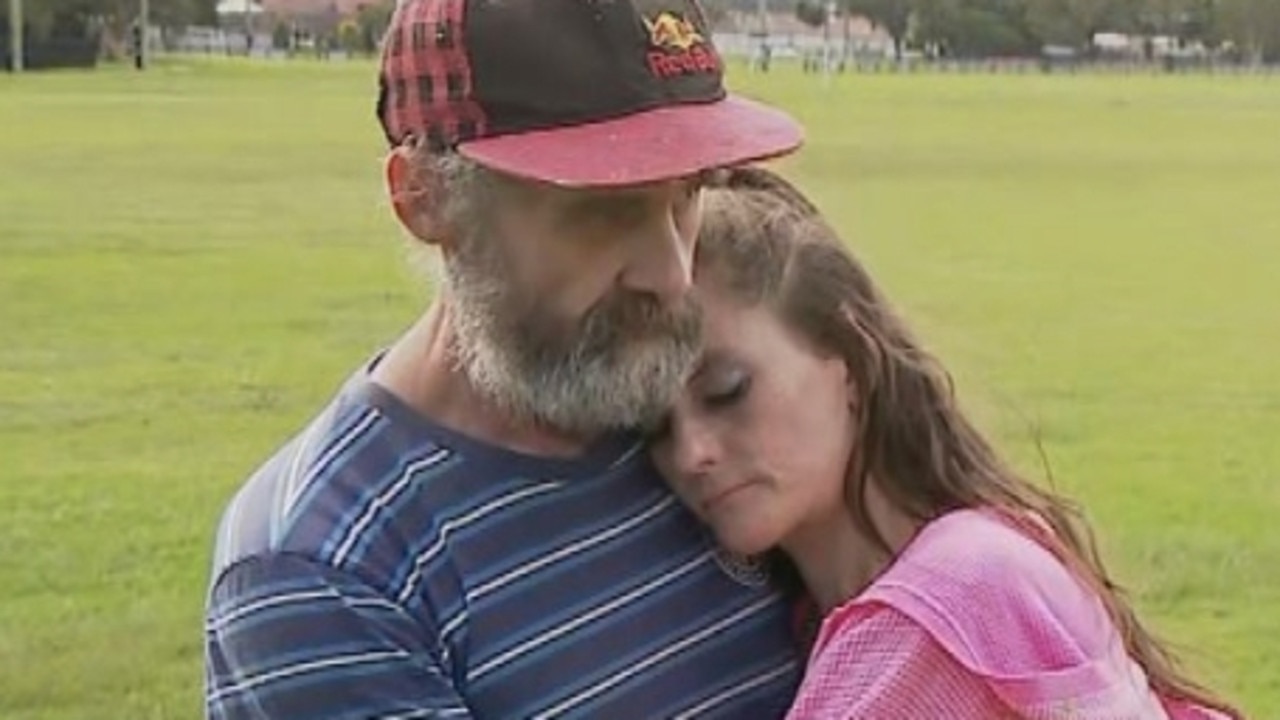Study benefits cut for hundreds of military veterans
A scheme that pays for ex-military personnel who could not work to study as they transition to civilian life faces the axe.

National
Don't miss out on the headlines from National. Followed categories will be added to My News.
A scheme to help hundreds of injured veterans pay for study has been abolished just months after it was lauded as the Albanese government’s “solemn commitment” to ex-service men and women.
The move has created outrage, with suspicions the cut is part of broader cost saving measures ahead of the May Budget including, ironically, to fund an expected multi-billion dollar splurge for new military weaponry.
The Incapacity Payments for Veterans Studying pilot began in 2018 to help injured ex-military personnel who could not work, instead be paid to study as they transitioned to civilian life.

In October last year, legislation passed to extend the scheme with Veterans’ Affairs Minister Matt Keogh declaring it critical that veterans and their families were given a chance to succeed without affecting household budgets, “an important task and responsibility of the government – a solemn commitment”.
But letters now being sent out by the Department of Veterans Affairs (DVA) said while it did increase study participation, the program would end June 30.
More than 600 students had been involved in the scheme with “hundreds” joining just since it was extended.

“The aim of the pilot was to test whether extra financial incentive for veterans to engage in full‑time education would improve their workforce participation,” a DVA spokeswoman said. “While the pilot has been popular in terms of education take-up, there has been minimal change to employment outcomes.”
All departments have been told to find savings ahead of this year’s budget, with Defence last month acknowledging, as a government priority, it was redirecting its budget elements to advanced military capability acquisitions.

Opposition Veterans spokesman Barnaby Joyce said not having veterans affairs as a Cabinet portfolio left it exposed to budget cuts and funding redirection.
“In July the government was committed to extending the program because it was successful, the Minister even gave a speech supporting the program. Now, suddenly, they say it isn’t working without an atom on information to back up their claims,” he said.
The Australian Catholic University, the nation’s premier institution for veteran tertiary education programs, was aware of the pilot shutdown but not why.
ACU Industry Professor for Veterans and their Families and former Army Colonel Andrew Condon said there would be students affected.
“For those in that circumstance, this is going to have an impact on them and I don’t know specifically what the rationale is for this program finishing, and I’m not sure what’s coming next,” he said.

“It will impact the students on the program. They can’t work, they can only study, and they need an income and so any impact on their income potentially means they’ve either got to stop the study or do less study, or find another way to supplement that income loss.”
Prof Condon said, as a research institution, he’d be interested in seeing the pilot scheme’s data that spelt its end.
Ryan Shaw, a former Army sniper who spent more than a decade in the military and was now a vocal advocate for veteran study, said he was disappointed by the program’s loss as he was set to further his education.
“Veterans have made the brave choice to pursue higher education, not just to gain new skills and enhance their employability, but also to find a sense of purpose and direction in life after serving their country. They were promised support through this program and now, as it ends abruptly, they feel betrayed and abandoned,” he said.
More Coverage
Originally published as Study benefits cut for hundreds of military veterans




